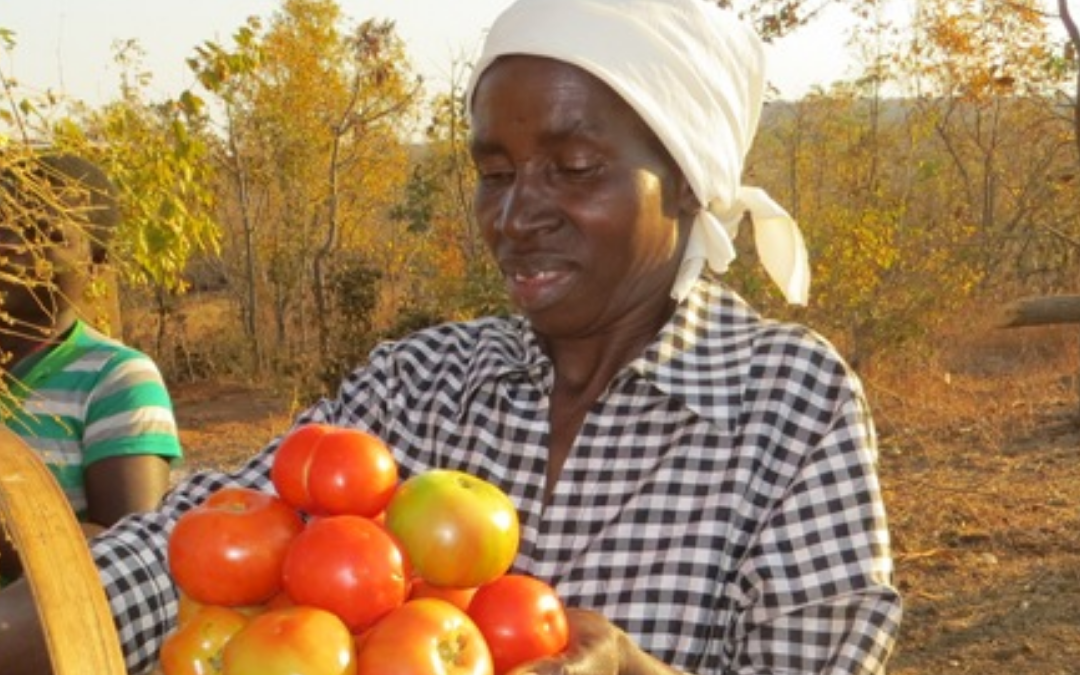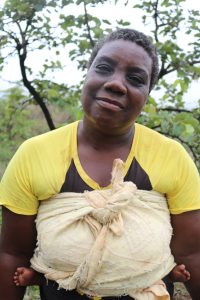


Capacity building to improve gender equality at Siyalima farm
Women and girls often engage in unpaid agriculture work as they lack have no say in the distribution of the agriculture income. Women and girls have limited opportunities of attending trainings and other information sessions which leave them behind in adopting improved farming practices and access to productive resources. DAPP Zimbabwe through financial support from Canada funds for local initiatives (CFLI) is implementing a project seeks to address strongly embedded agricultural gender inequalities with women and girls bearing the brunt of this state of affairs at Siyalima farm.
The project is expected to improve gender equality among smallholder farmer families through transformational capacity building, and advocacy. Capacity strengthening and access to the productive resources will help 29 women farmers maximize economic opportunities, increase productivity, and improve food security, education and healthcare, since women tend to reinvest more in their households.
DAPP Zimbabwe acting Country Director Luckson Soda said “ Despite women’s crucial roles in household food security, they face discrimination and limited bargaining power at both household and community level.” This project is meant to address these patriarchal norms that have created disadvantages for women farmers specifically with regards to accessing productive resources such as credit, extension services, inputs, information and access to markets.
The project is expected to institutes gender sensitive actions that promote positive gender outcomes towards the economic empowerment of women farmers at Siyalima farm in Guruve Zimbabwe. The equal participation of women and men in agriculture processes will ensure adequate use of a mix of indigenous knowledge that are critical in environmental conservation. Health education and promotion will be integrated in the project with a key focus on HIV, TB and COVID-19 pandemic to promote the health and wellbeing of target.

